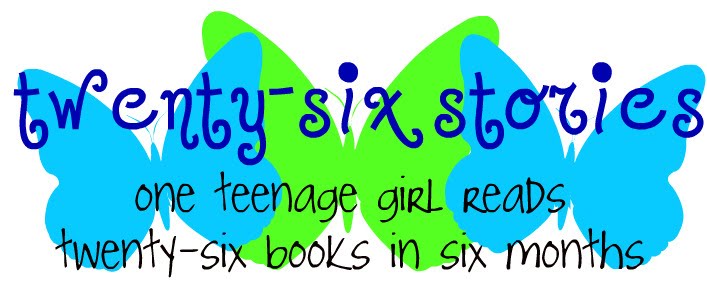I have decided I love intertextual references. Not because we are learning about them while learning about Lord of the Flies (I'm so over it!!!), but because they are just so CLEVER.
If you don't know what they are, they're references within a text to another text. So, for example, lots of books refer to classic novels like Pride and Prejudice or to Shakespeare.
The book I am reading right now is called A Bit of Earth by Rebecca Smith, an English book that my grandmother got for me from Jane Austen's house in England. The book makes direct references to The Secret Garden (by Frances Hodgson Burnett), a book I have not read for years but have very fond memories of (at least, I have fond memories of our old video tape of the movie!). One of the chapters of The Secret Garden is called 'A Bit of Earth', as Mary asks for a bit of earth to grow things in, and the book is about a father who neglects his son, as is A Bit of Earth.
I love these references. I love the fact that literature inspires new literature. I love that old ideas can become new ideas simply when another person uses them.
I think intertextual references are even more clever than appropriations, as often they are very subtle and can even just be how a character is named or one of their mannerisms. But if you pick them up, it can make you feel all excited that you did, and can bring back memories of the other text, and maybe encourage you to read it if you haven't!
Then again, that may just be my opinion, as a fully-fledged book nerd :-)

Liz, I'm definitely with you on intertextual references (and not just because I'm an (ex?)English teacher by trade. They add to the reading experience, broaden your reading repertoire, and make you appreciate even more the author's skill, preparation and creativity. For books teeming with intertextual references, go to anything by Terry Pratchett! ('Wyrd Sisters', to name just one) And, of course, so many books have (frequently unwittingly) Biblical intertextual references...
ReplyDelete